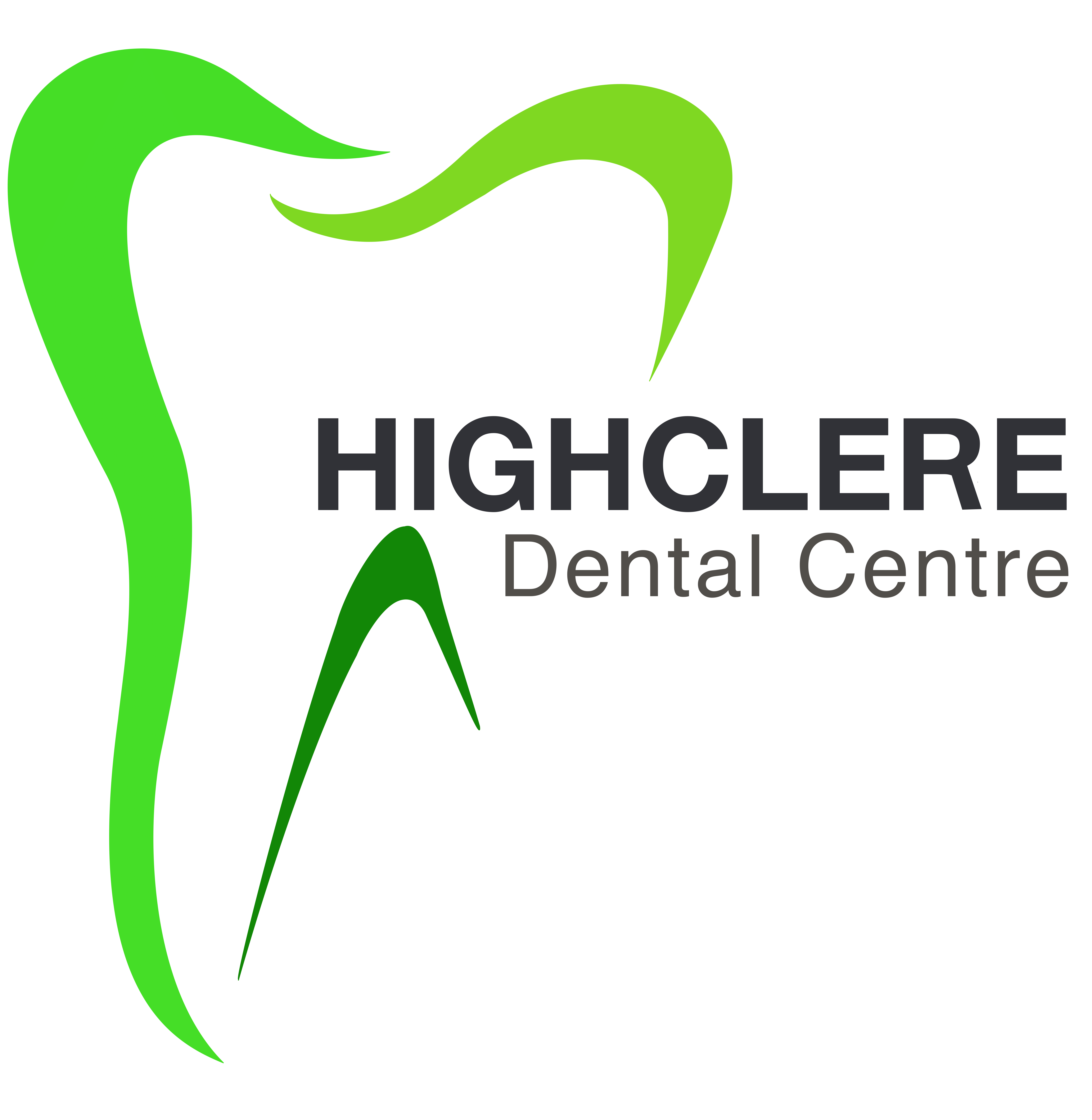Your child’s baby teeth will start to appear, often with the central bottom teeth first, anywhere between 4 months and 10 months. Like every developmental milestone, the point at which your baby gets their teeth is an individual thing and you shouldn’t worry if their teeth appear earlier or later than other kids their age. If you have any concerns in this regard, your dentist will be able to answer any questions you might have.
When your child is teething it can be tough to make them comfortable. But a combination of loving attention, chilled but not frozen teething rings or washcloths, and dummies (don’t use honey or jam on them as this causes decay) often does the trick.
Your baby’s first dentist visit
Generally speaking, it’s time for your baby to see the dentist for the first time when their first tooth becomes visible or when they reach 12 months of age – whichever comes first. While you might think it’s not necessary to book an appointment until your baby has a full set of teeth, which usually takes place by the age of 3, the earlier your child visits the dentist the better. Usually, your child’s first visit to the dentist will involve the taking of their full medical history, and possible discussions about:
- Teething
- Brushing techniques
- Bite (how your children’s teeth come together)
- Habits such as thumb sucking
- The risk of decay and how to prevent it
- Prevention of traumatic injury to your child’s mouth
- Nutritional advice
Always be positive about these visits, never use the dentist as a deterrent for bad behaviour such as not brushing teeth, and remember that the dental team is well-trained in dealing with babies and young children.
Brushing your baby’s teeth
Dental health is an ongoing process throughout a child’s life and you should begin by modelling good dental health practices early on so your child sees them as a normal part of life. Even if your child only has a few teeth, bacteria can get in and start causing decay, so you should start brushing your child’s teeth as soon as the first tooth erupts. One great way to get your child used to teeth cleaning is to wipe their gums with a soft cloth twice a day.
As soon as the teeth appear, you can switch to using a soft children’s brush, with no toothpaste until 18 months of age, while your child lies on your lap or on a bed. And yes flossing is necessary; your dentist can show you the correct technique.

